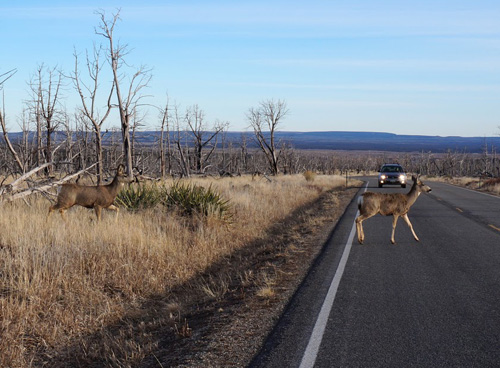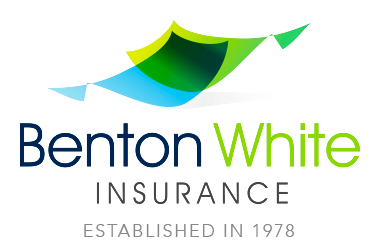Many think of November as DEER month! Deer hunting season begins in our area and the deer come from nowhere to meet your car! We probably have more deer claims in November than any other month of the year. The deer are  ‘frisky’ in November 🙂 and they don’t use their best judgement with oncoming traffic! I see deer almost every morning as I travel to and from my workout at the gym. Just this morning I saw one right at the edge of the road seriously contemplating crossing as my vehicle approached. I immediately slowed to an almost stop so I wouldn’t interrupt that contemplation. At the very last moment as I drove within 5 yards, the deer bolts back into the woods deciding that possible suicide was not in his/her best interest at that moment! I was grateful!
‘frisky’ in November 🙂 and they don’t use their best judgement with oncoming traffic! I see deer almost every morning as I travel to and from my workout at the gym. Just this morning I saw one right at the edge of the road seriously contemplating crossing as my vehicle approached. I immediately slowed to an almost stop so I wouldn’t interrupt that contemplation. At the very last moment as I drove within 5 yards, the deer bolts back into the woods deciding that possible suicide was not in his/her best interest at that moment! I was grateful!
 ‘frisky’ in November 🙂 and they don’t use their best judgement with oncoming traffic! I see deer almost every morning as I travel to and from my workout at the gym. Just this morning I saw one right at the edge of the road seriously contemplating crossing as my vehicle approached. I immediately slowed to an almost stop so I wouldn’t interrupt that contemplation. At the very last moment as I drove within 5 yards, the deer bolts back into the woods deciding that possible suicide was not in his/her best interest at that moment! I was grateful!
‘frisky’ in November 🙂 and they don’t use their best judgement with oncoming traffic! I see deer almost every morning as I travel to and from my workout at the gym. Just this morning I saw one right at the edge of the road seriously contemplating crossing as my vehicle approached. I immediately slowed to an almost stop so I wouldn’t interrupt that contemplation. At the very last moment as I drove within 5 yards, the deer bolts back into the woods deciding that possible suicide was not in his/her best interest at that moment! I was grateful! The ASPCA probably doesn’t like me saying this but I feel an obligation to advise my customers about insurance as it pertains to deer claims. So here goes:
If a deer darts out in front of your vehicle and you have no alternative but to hit it or go off the road, I always advise – HIT THE DEER!
There I said it! The difference in your deductible amount to your vehicle policy could be several hundred dollars. That is because hitting an animal would be considered a Comprehensive loss on your auto insurance policy. Losing control of your car and hitting a tree or power pole to avoid that suicidal deer would be considered a Collision loss. You would then be surcharged for an at fault accident not to mention that you have a higher possibility of getting badly injured.
You have a 1 in 163 chance of striking a deer during the next 6 weeks in our area. Tennessee is ranked 27th in the US regarding deer accident risk. The Insurance Information Institute offers this advice on avoiding a deer-vehicle collision:
- Deer generally travel in herds. If you see one, others are nearby.
- Deer crossing signs aren’t placed randomly. These are active deer crossing areas and you should note these as you pass them. You’ll see them most around wooded areas.
- Use caution between 6 and 9pm when deer are most active.
- Use high-beam headlamps as much as possible at night, when appropriate, to illuminate the roadsides.
- Some suggest using a car-mounted deer whistle but they really haven’t been proven to be any more effective.
- Make sure you have Comprehensive coverage on your automobile insurance policy so you will have appropriate coverage in the event of a deer-vehicle accident.
We’re here to help. If you have any questions or we can review your coverage’s to make sure you have the appropriate protection for this or any other claim you might need to file, let us hear from you. You can email our staff at info@BentonWhite.com or call us at 615.377.1212. We’re here to earn your business and hopefully keep you from having that unfortunate highway meeting with a suicidal deer!





